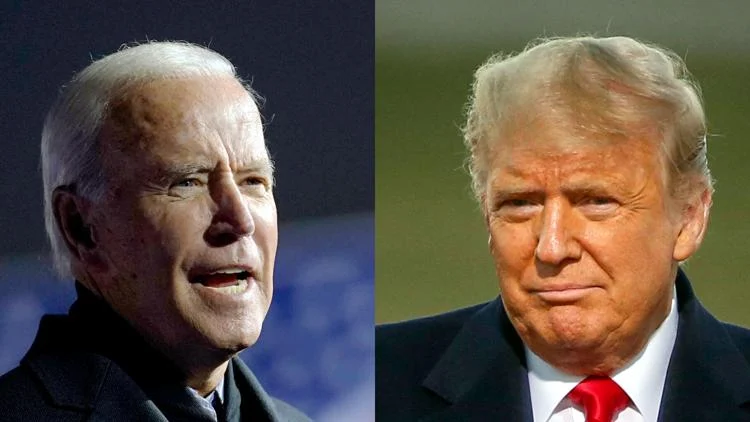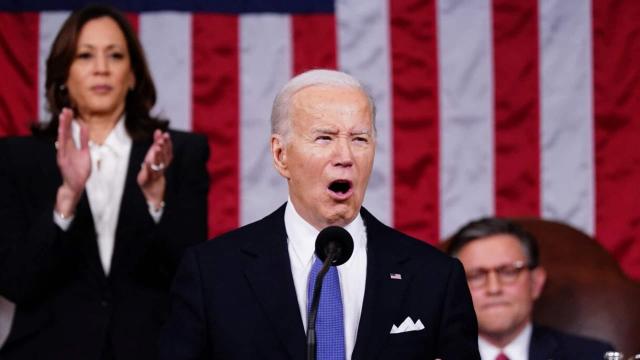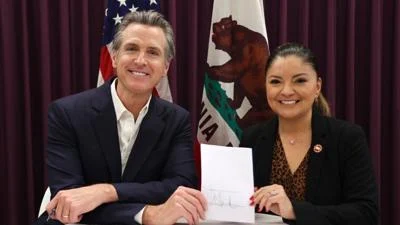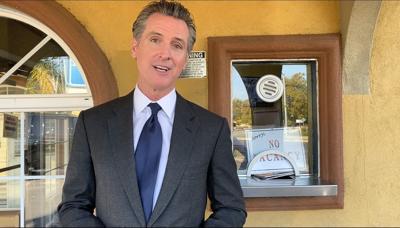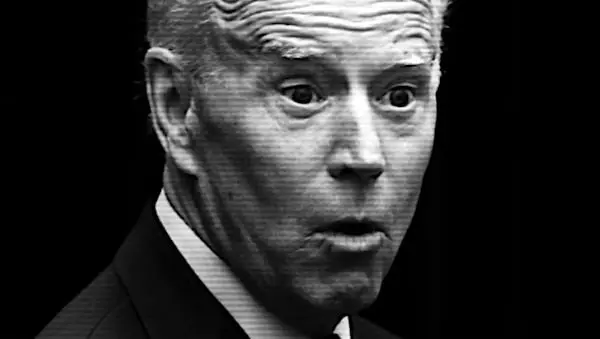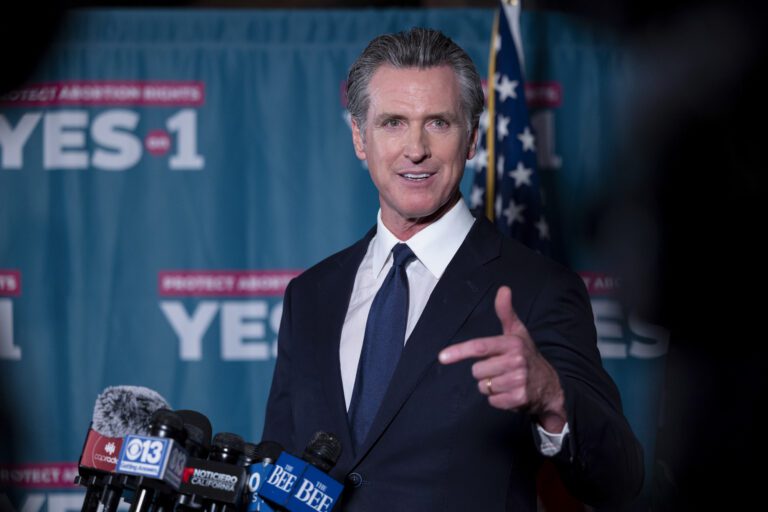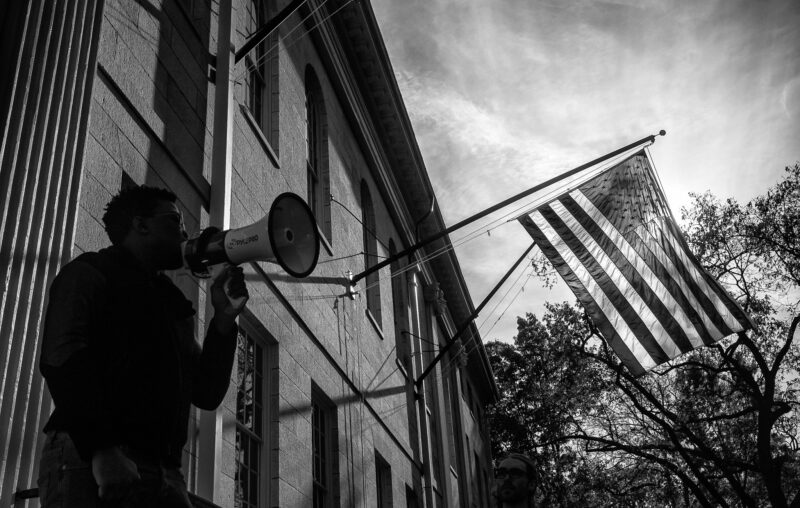

My father was born in 1919, on a farm in the upper Mohawk Valley in New York, in 1919. He could build a two-story wood shed without a blueprint, or tear down and rebuild a straight six car engine without help or instruction. I know less: I can do some simple electrical wiring around the house, or repair, or even replace, a toilet. My sons need to watch a YouTube video to install a curtain rod. Clearly, America is going to hell in a handbasket. Or is it? It depends on what you think of the division of labor.
Adam Smith celebrated the fact that commercial infrastructure expanded the division of labor, even though no one specifically planned that result.
As Smith put it
This division of labor, from which so many advantages are derived, is not originally the effect of any human wisdom, which foresees and intends the general opulence to which it gives occasion. It is the… consequence of a propensity in human nature… to truck, barter, and exchange one thing for another.
A society in which division of labor is elaborated by emergent commercial institutions has a good feature, which is also a bad feature. As Richard Reinsch has pointed out, it is perfectly possible that things are getting better, and worse, at the same time.
The drawback is that we have to depend on each other; the benefit is that we are able to depend on each other. Each of us can specialize in what we do best. By following my own comparative advantage, I am better off because I can exchange what I produce for all the other things I need. And I can use my imagination to think of novel ways of helping others, which is remarkable.
Again, as Smith put it:
In civilized society [man] stands at all times in need of cooperation and assistance of great multitudes, while his whole life is scarce sufficient to gain the friendship of a few persons…. [M]an has almost constant occasion for the help of his brethren, and it is in vain for him to expect it from their benevolence only. He will be more likely to prevail if he can interest their self-love… It is not from the benevolence of the butcher, the brewer, or the baker, that we expect our dinner, but from their regard to their own interest. We address ourselves, not to their humanity but to their self-love, and never talk to them of our own necessities but of their advantages…
In a system of division of labor, each of us is empowered to search out new ways to serve others — without seeking state permission first — in the hopes that someone will value what we produce. Suppose I have few skills, but I am an experienced plumber. I can’t eat, drink, or shelter myself using that skill set, but nonetheless I think that I am a good person, deserving of a life of at least moderate prosperity.
I go to the grocery store, and ask the grocer to provide me with beans, rice, flour, butter, coffee, and milk. The grocer demurs, saying “I only give food and drink to people who can prove to me that they have served their fellow man, in ways those people actually value and care about.”
Hungry and thirsty, I advertise my services as a plumber, and soon I have several phone calls from people who have clogged toilets, stuck drains, or leaking pipes. After working for eight hours, I have accumulated a considerable pile of currency, which my customers exchanged for my using my plumbing expertise to fix their problems. These dollars are, in effect, “certificates of social service,” proof that I have provided useful and valuable benefits to my fellow citizens.
I now go back, tired and hungry but confident, to the grocery store. When the proprietor asks for proof that I have fulfilled my promise to serve others, I show him the tidy pile of service certificates in my wallet. Impressed, the grocer allows me to fill my shopping cart with a generous bounty of products from all over the world. Because I am grateful for this useful and valuable benefit, I give the grocer an amount of the certificates equal to the value of products I have put into my cart. The certificates themselves need have no intrinsic value, but since they can only be obtained if I provide a service that someone else esteems and wants, they take on a value as a medium of exchange.
Now before the reader objects, two points are in order. First, yes, that example is adapted from the great insights of the late George Mason economist, Walter E. Williams. I have changed the details, but the logic is Walter’s. Second, this is not — and is not intended — as an historically accurate account of the origins of money. Instead, it is a thought experiment about how someone with little ability to take care of themselves might obtain a secure, even prosperous, place in a commercial society. As long as you have some way of serving others — what we often call “making a living” — you can live in a market system.
The problem, as we saw with the profound recent supply-chain disruptions during the post-COVID response 2020-21, is that this dependence on the ability to serve others in highly specialized ways is contingent on the rest of the system working. My ability to obtain the “service certificates” I depend on is contingent, at least to some extent, on the system operating constantly and efficiently
As we become more specialized, and our prosperity is more contingent, our shrinking command of general competence puts us at greater risk. My father was never wealthy, but he could manage to survive in almost any situation you can imagine, be it a blizzard in Dolgeville, NY, in 1938, or a hurricane that knocked out power for a month at our family home in Gotha, FL, in 1974. If I were on my own, I could rig something up, or at least build a fire.
But denied a phone to “Google™” instructions, most people under forty would be challenged to live outside for very long. Given the value of the specialties people have developed, it has become too expensive to take care of our own needs, and so we exchange.
I was once quite confident that this process was unambiguously good, and the fact that most people have almost no idea how most things work was a sign of progress. But now…. I’m not so sure. The system is fragile. We always knew this, of course, because war and weather have long disrupted the complex supply chains that emerge in international commerce. Today’s products depend on the timely arrival of so many different components that an interruption of even a few days can delay delivery and increase prices. Houthi rebels who delay shipping through the Red Sea and Suez Canal, revolutions and coups in Asia, or Africa, or dock strikes in Europe, all interrupt systems that are not robust in the face of interruption.
The US government has made suggestions about “supply chain resilience,” and companies have recognized that having a “plan B” is essential for long-term viability. For many, the solution is simply to recognize that it is cheaper to hold inventories than to have to build new domestic factories. But in some cases, it may be wise to elevate the value of redundancy over a single-minded concern for efficiency.



